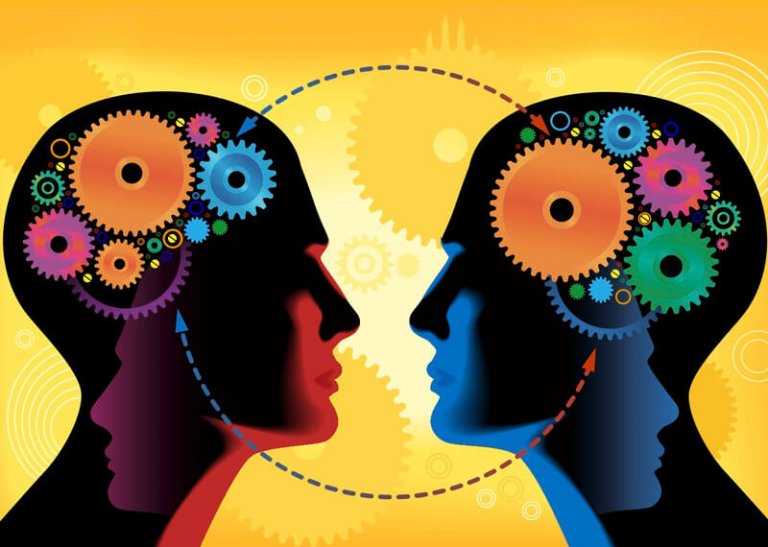Albert Bandura is a renowned psychologist who is best known for his contributions to the field of social learning theory. Bandura's theory suggests that individuals learn new behaviors, attitudes, and values through observation and imitation of others. This theory has had a significant impact on the way we understand and approach the process of learning, particularly in the realm of education and child development.
According to Bandura, there are several key components to social learning theory. First, he identified the role of attention in the learning process. In order for an individual to learn from observing others, they must be paying attention to the behavior being modeled. This can be influenced by factors such as the perceived relevance or importance of the behavior, as well as the perceived competence or attractiveness of the model.
Another important aspect of social learning theory is retention, or the ability to remember and recall the observed behavior. Bandura believed that individuals must be able to retain information about the observed behavior in order to later reproduce it. This can be influenced by factors such as the complexity of the behavior, the frequency with which it is observed, and the individual's prior knowledge and experiences.
A third key component of social learning theory is reproduction, or the ability to actually perform the behavior that was observed. Bandura argued that individuals may not always be able to reproduce a behavior simply by observing it, and that there are a number of factors that can influence an individual's ability to do so. These factors include the individual's physical and cognitive abilities, as well as the presence of any external rewards or punishments.
Finally, Bandura emphasized the role of motivation in the learning process. He argued that individuals are more likely to engage in and imitate behaviors that are perceived to be rewarding or that are associated with positive outcomes. On the other hand, behaviors that are associated with negative outcomes or punishments are less likely to be imitated.
One of the key implications of Bandura's social learning theory is that individuals are not simply passive receivers of information, but are active participants in the learning process. This has important implications for the way we approach education and child development, as it suggests that we should be fostering environments that encourage active learning and engagement with the material.
Overall, Bandura's social learning theory has had a significant impact on the field of psychology, and continues to be a valuable framework for understanding the way we learn from and interact with others.

:max_bytes(150000):strip_icc()/social-learning-theory-2795074-01-4348ec0c34544ffe92510b03f85f0fa5.png)






